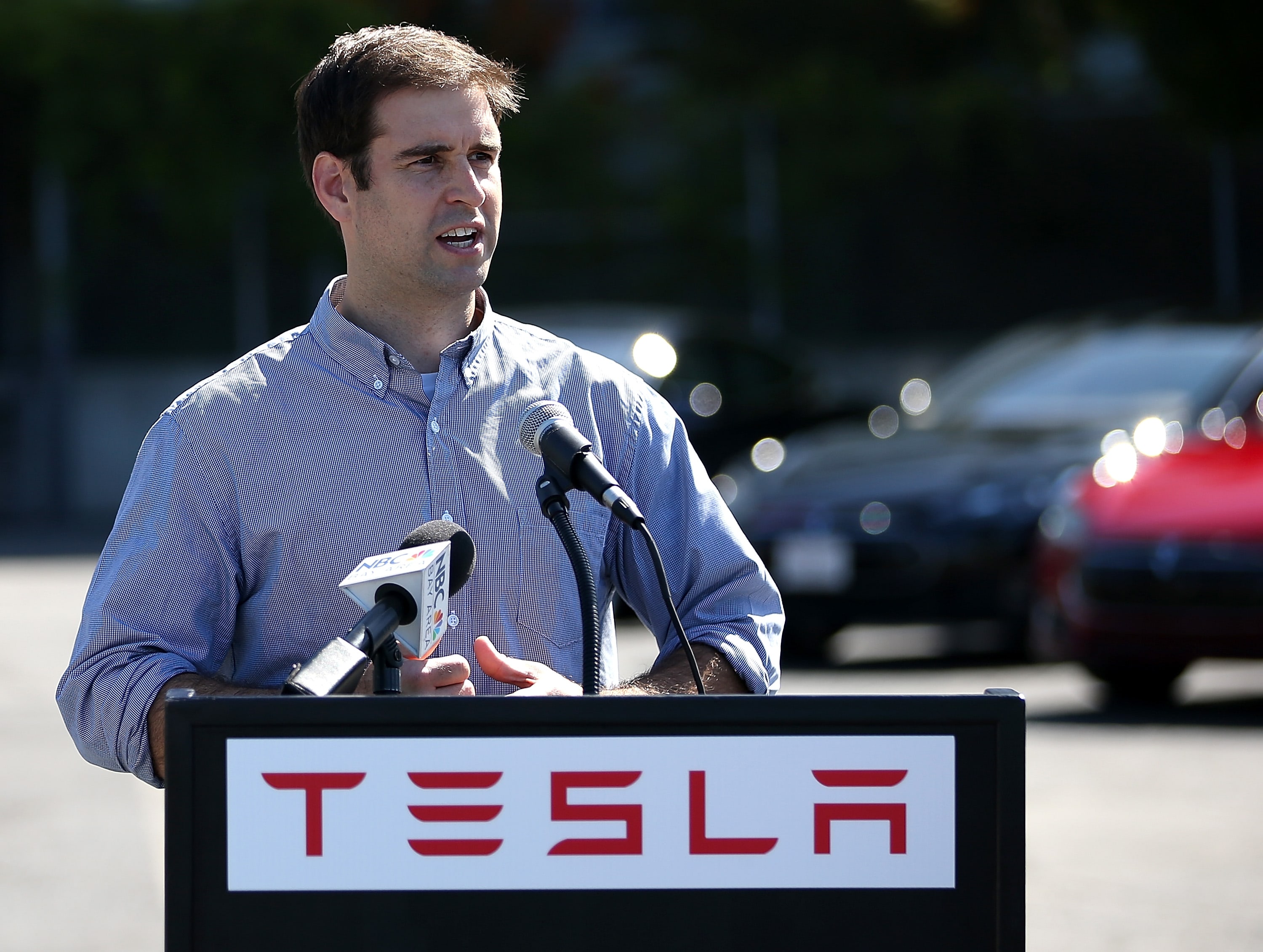
Walk JB Straubel through the Redwood Materials recycling plant in Carson City, Nevada and one thing stands out: pallets stacked on pallets filled with old batteries, defective battery cells and scrap materials from the nearby Panasonic factory.
“The sheer magnitude of the waste and scrap problem and the magnitude of the batteries that need to be recycled, I think is shocking to most people,” said Straubel, the founder and CEO of Redwood Materials. Straubel spent more than a decade at Tesla before resigning as Chief Technical Officer in 2019 so that he could focus on growing his recycling business.
Redwood Materials has reached an agreement to recycle scrap and defective battery cells for Envision AESC, which produces batteries for the Nissan LEAF in Smyrna, Tennessee. It is the final step for the Straubel company that started in 2017 to provide battery manufacturers and car companies with raw materials that are scarce as EV production around the world increases.
“We are returning the materials to a very clean and kind of fundamental state so that there is no loss of effectiveness,” said Straubel. “It is actually indistinguishable whether cobalt comes from an old battery or from a mine.”
Cobalt, lithium, nickel and other minerals and metals used in EV batteries have become a very popular commodity, so high that prices have soared to their 52-week high. The price hike has been fueled by an announced rise in lithium-ion battery production as automakers from Tesla to General Motors and Ford are dramatically increasing EV plans over the next decade.
“To make the batteries the world will need in ten years, the industry will need 1.5 million tons of lithium, 1.5 million tons of graphite, 1 million tons of battery-grade nickel, and 500,000 tons of battery-grade manganese. The world is producing less. than a third of each of those materials today. New sources of battery materials are highly valued and much needed, “said Sam Jaffe, Managing Director at Cairn ERA, an energy consultancy company.
To advance his point, Jaffe points out that US demand for lithium-ion batteries exceeded 43 megawatt hours last year and will rise to 482 megawatt hours by 2030.
The growth is fantastic news for Panasonic, which manufactures battery cells at the Gigafactory that it co-operates with Tesla in Sparks, Nevada. Thanks to the latest expansion, the Gigafactory will produce just under 2 billion battery cells this year.
Allan Swan, who runs the factory, says even more production is needed. “Here in the United States, we need at least four, five, six of these factories to support the auto industry,” he said.
Celina Mikolajczak, vice president of engineering and battery technology at Panasonic Energy North America, believes that the booming EV plans mean the industry should look to recycling batteries as a new source of important minerals.
“A lot of energy is spent extracting these minerals and there is absolutely no point in dumping them,” she said. “We would be really stupid if we didn’t use the capacity of older cells to create the next generation.”
Straubel and his team at Redwood like to say the largest lithium mine is in America’s garbage bins. It’s a reminder that Redwood is positioning itself to recycle a wide variety of lithium-ion batteries, not just those for electric vehicles. But given Straubel’s long tenure at Tesla and his vast knowledge of the EV market, he’s keeping a close eye on the fast-growing EV market.
While Straubel tore open the package with an old laptop battery shipped to Redwood Materials, he measured the pallet of old batteries stacked as high as his waist. He estimates that in American homes there are perhaps a billion batteries in old laptops, cell phones, and long-forgotten wireless tools.
“I’m a little surprised that some of the big OEMs (car manufacturers) might take a little longer to turn and orient completely in this direction,” said Straubel. “I’m also a bit surprised at how many other successful and growing startups there are.”
Many of those start-ups have become listed companies due to SPAC mergers. Straubel thinks some startups are intriguing, but a few may have weak or questionable business plans. Which? Straubel won’t say it, but he has these words of caution for investors.
“Think calmly about the real business plan and its long-term potential,” he said.
CNBC’s Meghan Reeder contributed to this article.